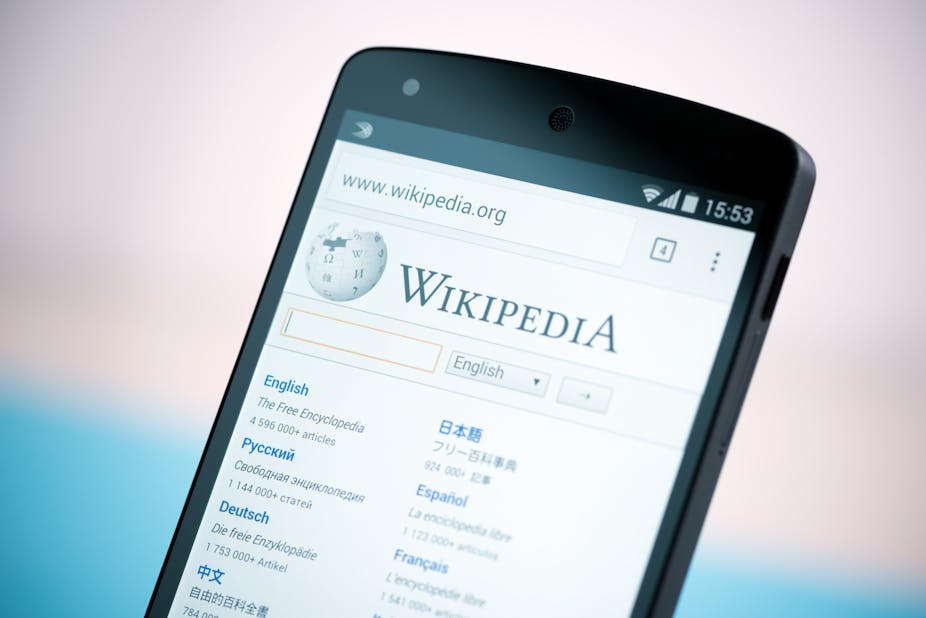On the internet you can be anyone you want to. That anonymity is in many instances a great equaliser. One day I could pretend to be a construction worker from Detroit, the next I could be a wealthy businessman from Tokyo. Or one day I could pretend not to be a Conservative politician.
Grant Shapps has once again become embroiled in a scandal regarding the nature of who he really is. After having a second job under a pseudonym while being a member of parliament, the Conservative Party co-chairman has now been accused of editing and deleting entries on Wikipedia to either remove negative statements about himself or to demonise his political opponents. An account named “Contribsx” was reported and banned on the suspicion that it was being used by Grant Shapps or somebody on his behalf. Shapps has strenuously denied these claims.
His denial has not stopped the satirists coming out in force using the hashtag #WikiShappsFacts which they attached to made up facts that he could have added to his Wikipedia page.
The Lib Dems also joined in on the fun with their own bit of trolling with a faux press release regarding the issue.
Of course, the issue of anonymous people editing Wikipedia articles in their favour is nothing new. Earlier this year the NYPD admitted to editing the pages that were about people who died during confrontations with the police force. In America, Congress has been banned from editing Wikipedia after staff members were found to be making trolling edits such as Donald Rumsfeld being an alien wizard.
Cameronettes vs #Milifandom
The other big recent online election story was the surge of #Milifandom and the transformation of Ed Miliband from nerd to heartthrob. As is often the case with popular hashtag trends, they are natural, spontaneous and unexpected. Trying to force a hashtag, particularly a political one is in my view unwise. I wrote at the start of the campaign that hashtags often run the risk of being taken hostage and turned against their creator. And this was certainly the case with Conservative’s attempts to get #Cameronettes trending.
Despite claims that the hashtag begun life in the mind of someone working in Tory HQ, it was in fact begun by a 21-year-old university student who wanted to speak out against the left-wing takeover of Twitter that was #Milifandom. Once #Cameronettes began trending, yet again the cynics came out and mocked what they saw as a forced attempt by the Conservative Party to counter #Milifandom.
The end is nearly in sight but if the polling is anything to go by, and the British public is anything to go by, then I expect we are still in for many weeks of satirical hashtags developing whilst the parties talk behind closed doors about the deals and alliances they will make.
WTF, OMG, GIF
During every election both the politicians and media attempt to engage with the younger voters in any way they can. Whether it’s getting celebrities to appear in their commercials, or appearing on TV shows aimed at younger audiences, everyone is desperate for their attention.
Channel 4’s latest gambit is their new 4NewsWall on Tumblr in which they give their targeted 16 to 34-year-old audience a summary of the news headlines in gif format. In theory it’s a good idea. Don’t try and bring young people to your old platform, but go to where they are and put your content there.

The problem I have with it, is that I find it a little patronising. A five-second gif trying to distill all the nuance surrounding the confirmation of the first black US attorney general just seems to treat me as if I’m eight years old. I’ll admit that I may not be like most people in Channel 4’s targeted demographic, but I’d like to think that many other young people would be at least perturbed at this dumbing down of the news, specifically being aimed at them.
Does Channel 4, and the rest of the media for that matter, really think that young people will appreciate having the news dumbed down for them? I really hope not.

